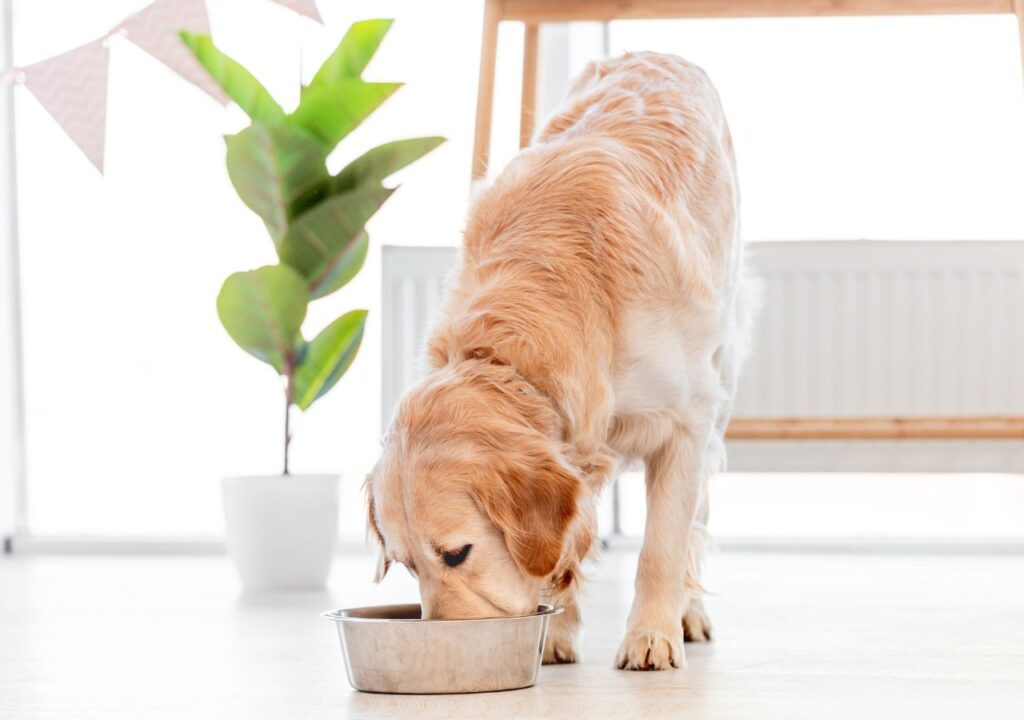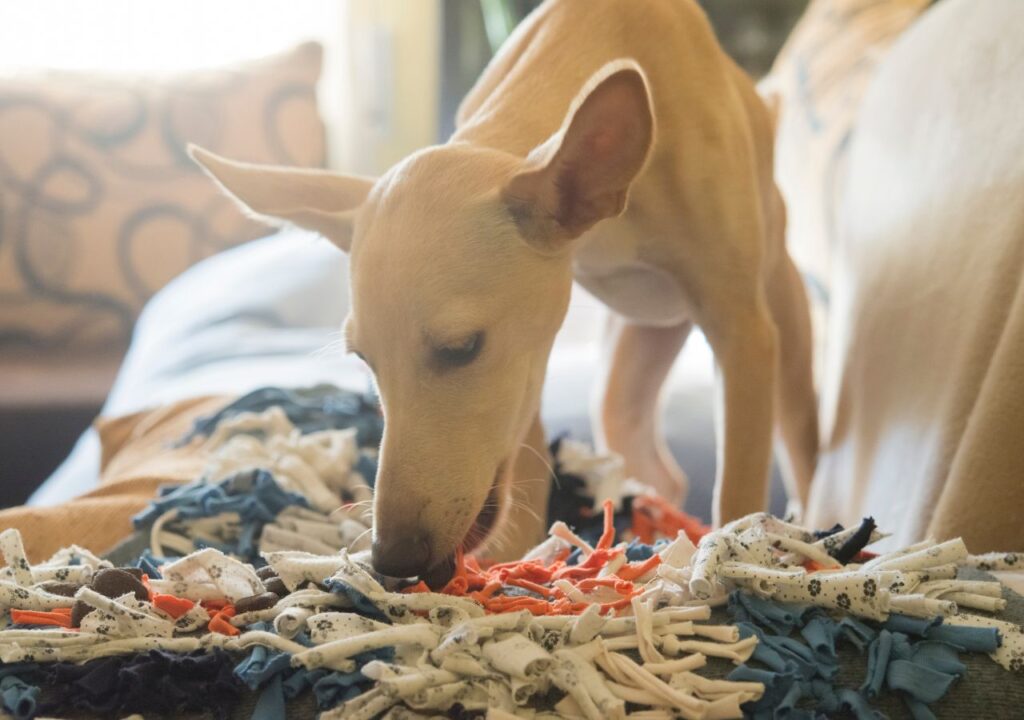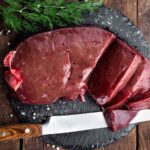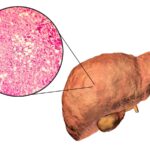Does your dog pounce on his food as if he hasn’t eaten in a week? Fast and greedy eating is a common problem that many dog owners face, even unknowingly. While it may seem like a fun behavior, it can lead to serious health problems such as bloating, stomach twisting, and even choking. I’ll tell you why your dog behaves this way and how you can help him make eating a calmer and safer ritual.
Dog Eats Greedily – What Are the Causes?
Greedy eating is a problem that many dog owners struggle with. A dog that gobbles down food at breakneck speed may simply appear to be extremely hungry, but the causes of this behavior are much more complex. Understanding why your dog is eating so much is the key to improving his health and well-being.
Survival Instinct
Many dogs have an innate survival instinct that has developed over centuries of evolution. In the wild, wild dogs and their ancestors had to eat what they hunted quickly to avoid losing the meal to other predators. Although your dog may not need to fight for food, this instinct may still be present and lead to greedy eating.
Competition with other dogs
If you have more than one dog, there may be competition for food. Even if the dogs have separate bowls, some may feel pressured to eat quickly to ensure they get a full meal before a possible “competitor.
Excessive Hunger
Some dogs eat greedily because they are simply very hungry. This may be the result of inadequate food, infrequent meals, or health problems that affect metabolism and satiety. It is worthwhile to consult a veterinarian to rule out health problems that can cause excessive appetite. A blood test is a good way to do this.
Bad habits from the past
Dogs that have experienced hunger in the past or have been fed irregularly may develop a habit of eating greedily. Afraid of going hungry, the dog may jump at every meal, not knowing when the next opportunity to eat will come.
Unfortunately, these dogs often have a problem eating inedible food. This is why it is good to know how to recognize poisoning and what to do. Here is an article on dog poisoning – what to do.
Behavioral Problems
Greedy eating can also be a symptom of behavioral problems such as anxiety, stress, or boredom. Dogs that lack mental and physical stimulation may compensate for these deficiencies by eating quickly and voraciously.
Poor quality food
If the food you feed your dog is of poor quality and does not provide all the necessary nutrients, it can lead to chronic hunger. The dog will eat faster to meet his energy needs.

My dog burps after eating – is this normal?
A dog burping after eating is a phenomenon that can surprise and even worry owners. While in humans burping after a meal is usually an accepted part of the digestive process, in dogs this behavior can raise questions. Is it normal for a dog to belch after a meal? What does it mean and should we be concerned?
A dog burping after eating is usually a normal occurrence and should not be a cause for concern as long as it is not excessive or accompanied by other symptoms such as vomiting, diarrhea, or discomfort. It is simply the dog’s body’s way of getting rid of excess air from the meal.
Although a single burp after a meal is usually harmless, frequent or severe burps may indicate a problem. This can be a sign that the dog is overeating, which can lead to more serious problems such as bloating, acid reflux, or even gastric torsion, a life-threatening condition.

How can you slow down your dog’s eating?
Discover effective solutions Gulping is a problem that many dog owners face. When a dog gulps down his food, he can not only choke, but also expose himself to more serious health problems such as bloating, vomiting, or even gastric torsion. How can you keep your dog from gobbling?
Slow Feeding Bowl
One of the most popular solutions is the slow feeding bowl, which is designed to make it more difficult for the dog to eat quickly. These bowls have an interior with various obstacles such as knobs, mazes, or grooves that force the dog to work harder to eat. As a result, the dog has to eat more slowly, which allows for better digestion and reduces the risk of swallowing air. This solution is also very beneficial for the dog’s behavior.

Divide meals into smaller portions
Instead of feeding your dog one large meal, try breaking it up into several smaller meals throughout the day. This will help your dog feel less hungry and prevent him from gorging on food. Regular, smaller meals can also help maintain a stable energy level and improve your dog’s well-being.
Feeding toys
Feeding toys, such as balls or Kongs, are a great way to slow down the eating process while providing additional mental stimulation for your dog. The principle is simple: you put food in the toy and your dog has to figure out how to get it out. This process not only slows down eating, but also keeps the dog occupied, which helps prevent boredom and behavioral problems.
Spreading the food
If you don’t have a special bowl or toy, you can try spreading the food over a larger area, such as a mat, tray, or even the floor. The dog will have to search for each piece of food, which will naturally slow down the eating process. You can also use scented mats, which require a little more work from the dog to find the food hidden between the fringes.
Feeding in a quiet environment
If your dog is eating fast because of stress or competition with other animals, try feeding him in a quiet, secluded place. Removing potential stressors can help your dog relax and eat in a more controlled manner.




